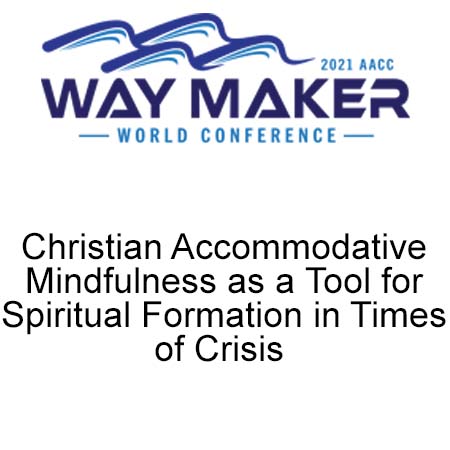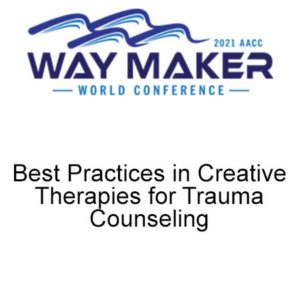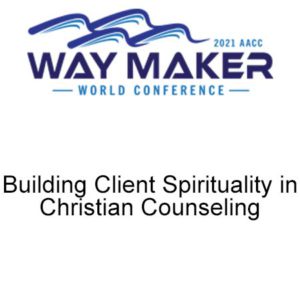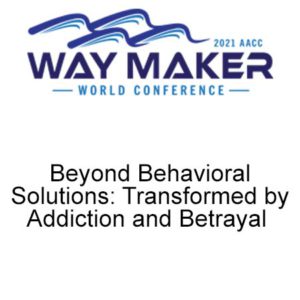Description
305: Christian Accommodative Mindfulness as a Tool for Spiritual Formation in Times of
Crisis
Fernando Garzon, Psy.D.
Regent University
1000 Regent University Dr., CRB 163
Virginia Beach, VA 23464
Tonya Gardner, Ph.D.
Liberty University
1971 University Blvd.
Lynchburg, VA 24515
Kristy Ford, Ph.D.
Liberty University
1971 University Blvd.
Lynchburg, VA 24515
Tracy Jones, Ed.D.
Liberty University
1971 University Blvd.
Lynchburg, VA 24515
Summary
The COVID-19 pandemic enhanced social isolation, resulting in predictions and reports of increased suicide rates, family violence, substance abuse and overdose, and negative mental health symptoms (Campbell, 2020; Moutier, 2020). Heightened racial and political tensions are also ongoing, adding to the collective experience of multiple crises. Given these circumstances, the need for more tools to facilitate resiliency and spiritual growth is apparent. Christian clients need strategies to complement traditional methods like prayer, church attendance, and Bible study for their coping. Meditation techniques, such as mindfulness and Christian meditation, demonstrate effectiveness in treating stress, anxiety, rumination, and depression (Knabb et al., 2020; Schumer et al., 2018), but they sometimes create concerns for evangelical Christians (Hathaway & Tan, 2009). This workshop presents therapeutic strategies to apply the practice of Christian accommodative mindfulness (CAM) with appropriately religious clients. Clinical case examples and responses from college students who participated in a group research study during COVID-19 will be presented. CAM strategies represent a valuable complement to traditional evangelical methods to facilitate spiritual formation and coping in today’s crisis-filled time.
Learning Objectives
Participants will:
• Describe common concerns evangelical Christians have with mindfulness
• Identify how Christian accommodated mindfulness fits into other spiritual formation and coping methods clients may be using within the therapy session with a psychologist or licensed mental health professional
• Apply clinical mindfulness strategies adapted for the evangelical Christian population





